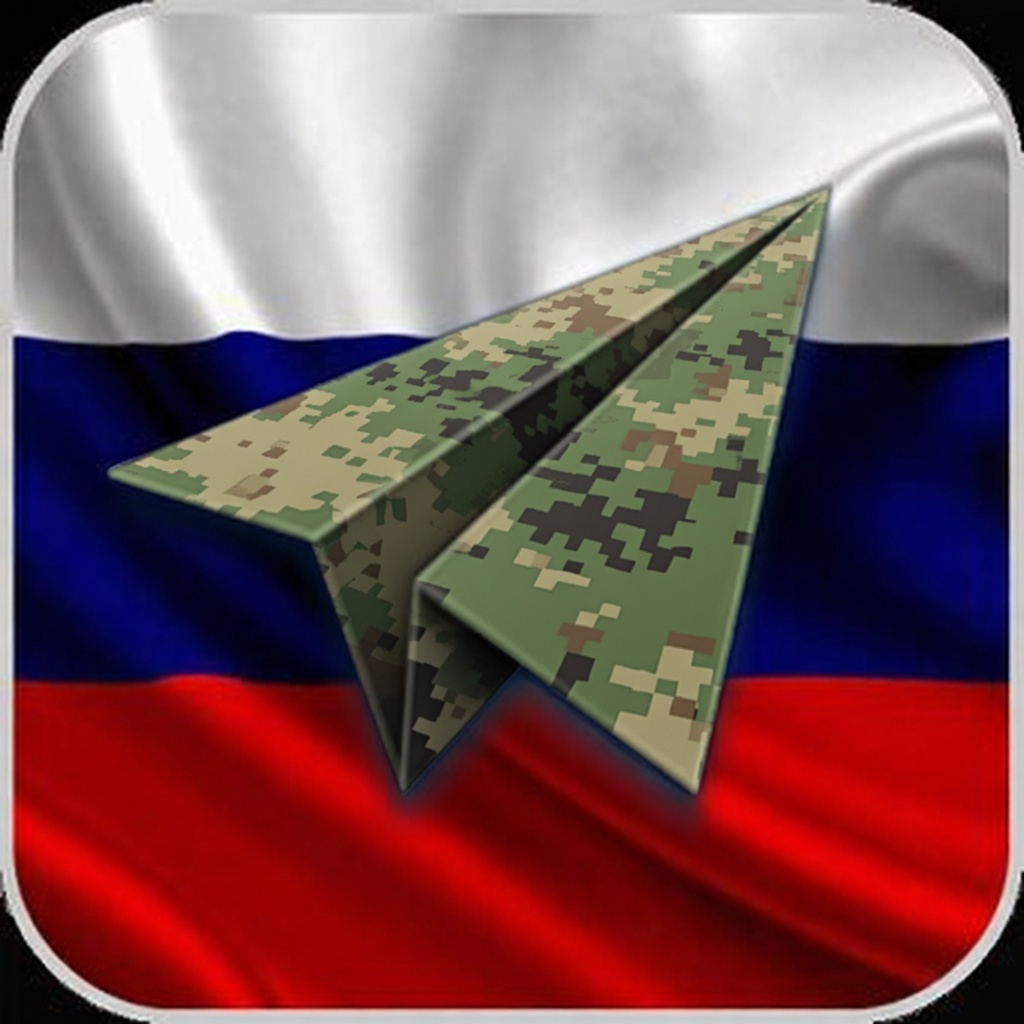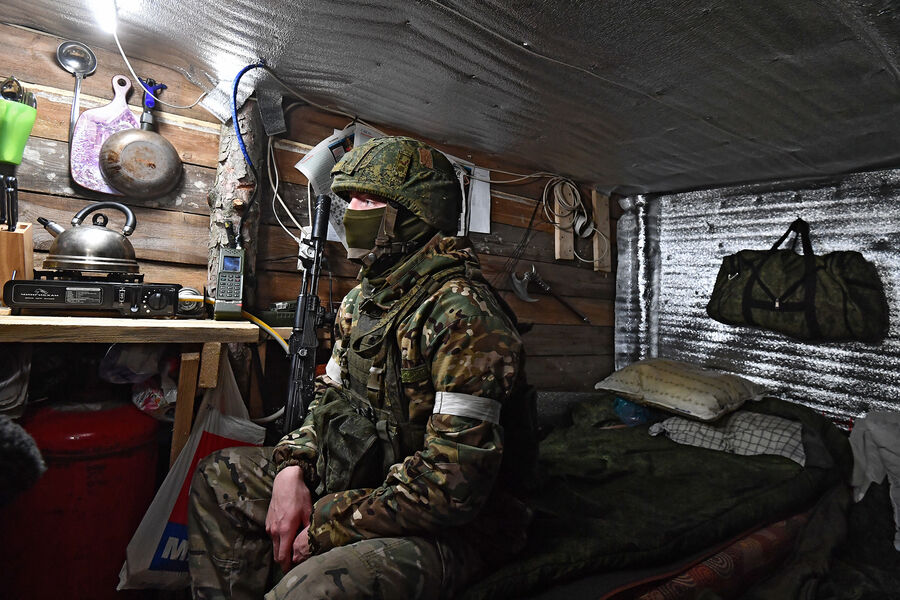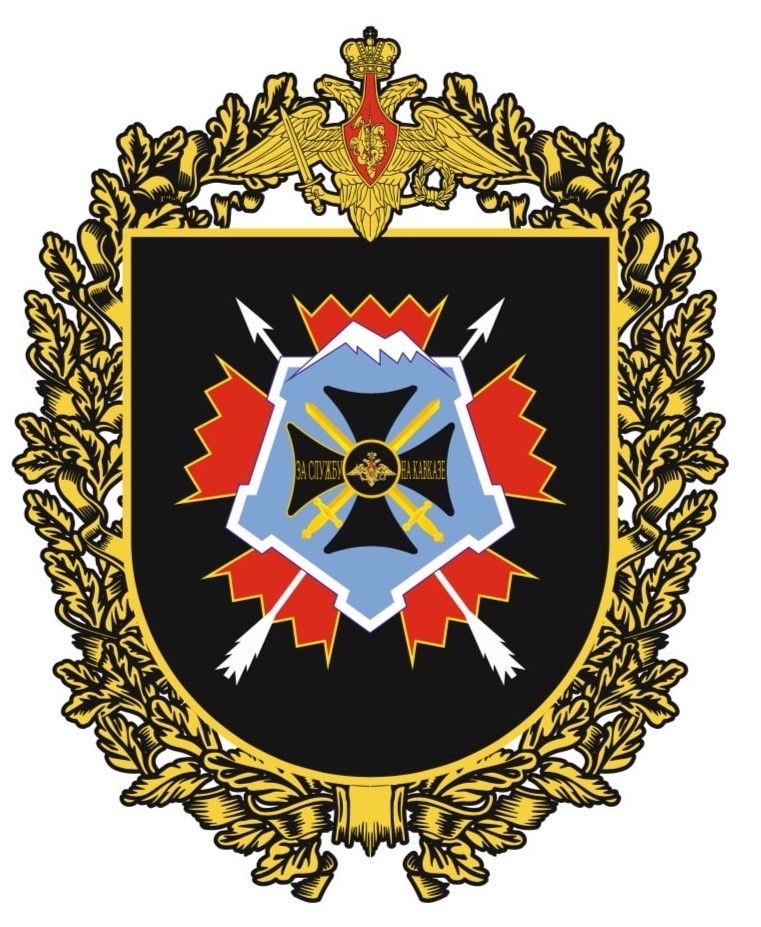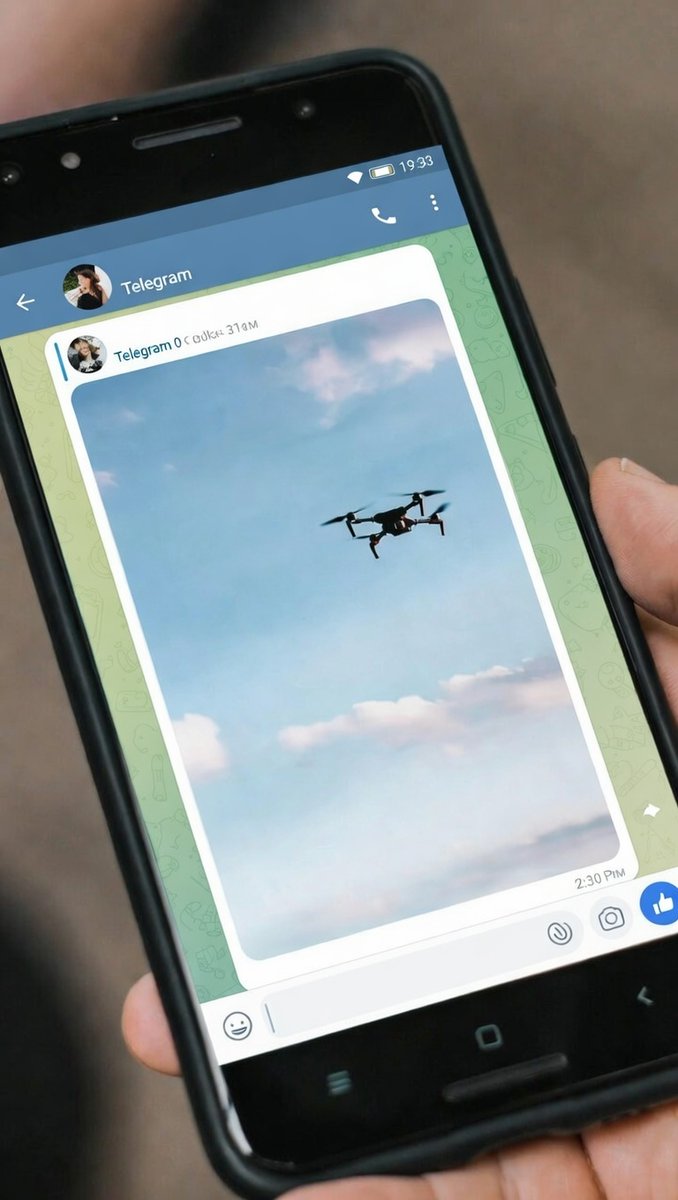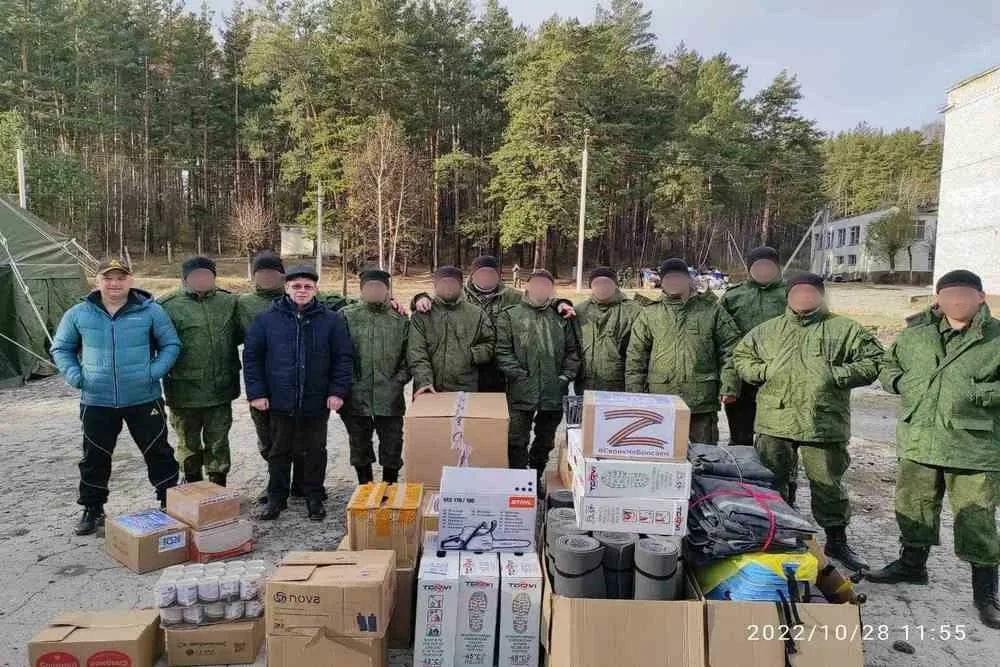1/ People across Russia are freezing in their homes in temperatures as low as -38°C because essential utility workers have been mobilised – even after the supposed end of mobilisation – and sent to Ukraine, hindering repair and maintenance work at home. ⬇️
2/ The "We can explain" Telegram channel reports that several regions and cities in Russia, including Astrakhan, Krasnodar and Rostov, are suffering problems with their communal heating systems because the engineers responsible for maintaining them have been mobilised.
3/ A source in Astrakhan's municipal services says: "We have appealed to the military registration and enlistment offices and officials, explaining that the heating season is coming soon and we need people, but we never received a clear answer."
4/ Despite being engineers, most of the mobilised workers were used as infantry. They were "told to hold a difficult section of the front, although there were no professional soldiers among our men, some had just finished their military studies, others were already in their 40s."
5/ Some of the men, who were fighting near the village of Mirolyubivka, were forgotten about by their commanders during the retreat from Kherson. They were left behind, resulting in them being captured by the Ukrainians.
6/ Two of the municipal workers were sent to serve with engineering forces near Kherson, then subsequently sent for training in Belarus before they are due to return to Crimea to build defences there.
7/ The source notes that the men were given draft notices even after the partial mobilisation was claimed to have ended. Essential workers are supposed to be exempt from mobilisation, but military officials have widely ignored such exemptions.
8/ Problems with heating have been reported across Russia, exacerbated by a lack of engineering personnel. Residents of Novosibirsk were left without heating in mid-November in temperatures of -30°C due to a damaged pipeline.
9/ 270 apartment blocks housing 70,000 people in Abakan faced a similar problem around the same time. At Artemovsky, a heating breakdown lasted for several days in temperatures of -38°C. /end
Source:
t.me/mozhemobyasnit…
Source:
t.me/mozhemobyasnit…
• • •
Missing some Tweet in this thread? You can try to
force a refresh


